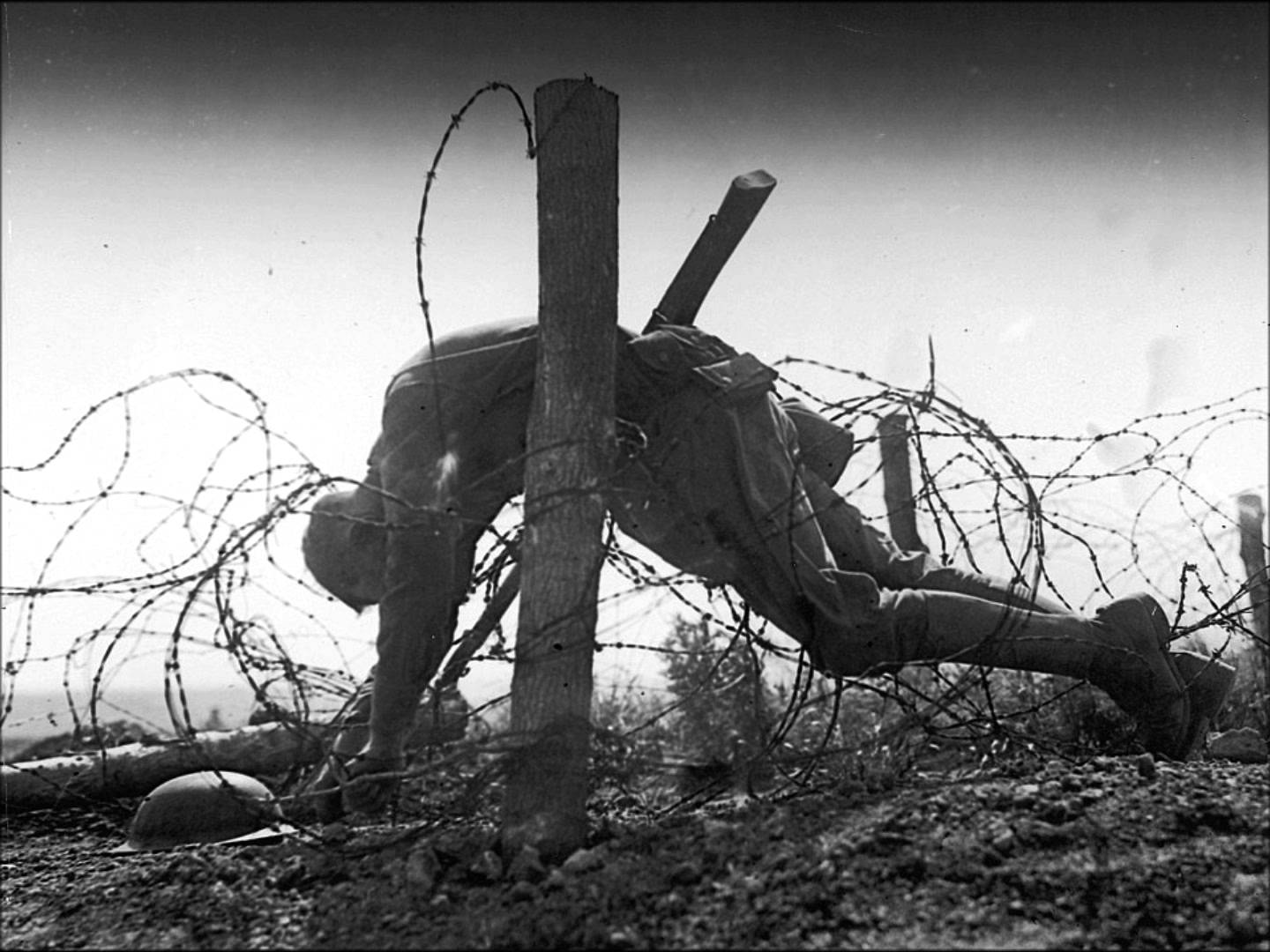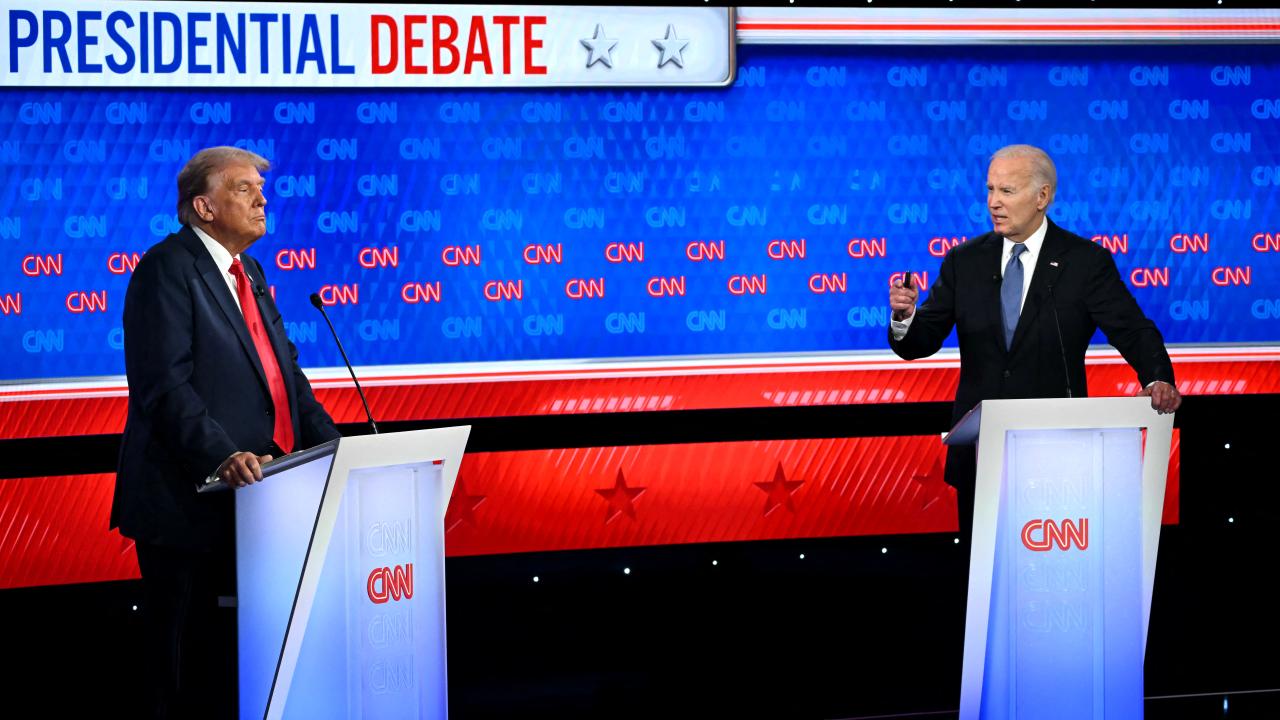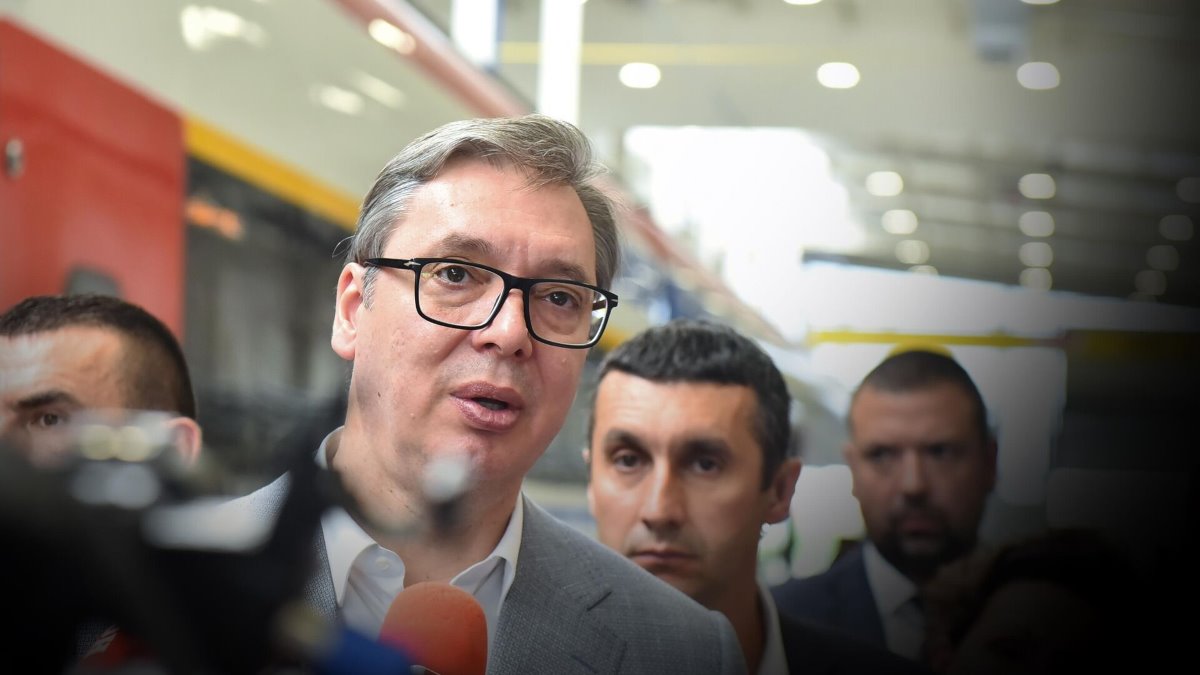Marco Travaglio highlights the alarming parallels between today’s political climate and the prelude to World War I, as described in Christopher Clark’s “The Sleepwalkers.” He targets EU Commission President Ursula von der Leyen’s paradoxical stance on escalating arms production and the Italian government’s hysteria over Russian interference, suggesting a collective amnesia or denial about the real consequences of such actions. Travaglio paints a picture of modern Europe’s leadership as “new sleepwalkers,” blindly steering the continent towards potential disaster, while conveniently blaming external forces like Putin for their own failures and the rise of extremism, echoing the shared political culture that led to the catastrophes of the 20th century.
* * *
Ursula von der Leyen, President of the EU Commission and Joe Biden’s caretaker, says we “must move quickly” against a phantom “threat of war” by manufacturing ever more destructive weapons, “as has already been done with vaccines.” And yet, no nurse comes to take away this unhinged individual who compares life-saving drugs to death instruments that will annihilate just as many lives. Meanwhile, in Rome, the new Mantovano-Belloni-Guerini Trio sounds the alarm on a “Russian hybrid campaign against Italy” and beyond: “76 countries around the world are going to the polls,” all at risk of interference “branded by Putin,” known for rigging elections across the entire globe, but only where the wrong candidate wins. And he’s even remote-controlling tractor protests. Yet, there’s no sign of healthcare staff to take care of these ghostbusters. To grasp the madness clouding the minds of Europe’s intellectual and ruling classes, just connect the dots of the last two years: the more we arm Ukraine and sanction Russia, the more Russia advances in Ukraine and Europe bleeds, the middle and lower classes grow poorer, war-mongering parties fall, and pacifist, multipolar parties grow, but unfortunately, so do fascists and ultranationalists, voted in by those who feel even more alone and unprotected against asymmetric rules and austerity that apply to them, but not to the billions and weapons continuously shipped to Kiev, already engaging in unfair competition in the grain market.
In his brilliant book The Sleepwalkers: How Europe Went to War in 1914, Christopher Clark dismantles the history written by the victors that exclusively blames the empires of Germany and Austro-Hungary for World War I and the subsequent tragedies of communism, fascism, and Nazism: “The outbreak of war is not an Agatha Christie mystery, at the end of which the culprit is found with a smoking gun next to a corpse. In this story… each main character is holding a gun. The Germans were not the only imperialists… consumed by paranoid obsessions. The crisis that led to war in 1914 was the fruit of a shared political culture”: nationalist right-wingers, liberal democrats, and revolutionary socialists. All “seemingly vigilant sleepwalkers, but incapable of seeing, tormented by nightmares yet blind to the reality of the horror they were about to bring into the world.” Today’s sleepwalkers don the guise of “Euro-Atlanticists” who carelessly drag us towards the third world war, lend their ears to fascists, and then, as soon as polls come out or votes are cast, blame Putin to avoid facing themselves in the mirror.
Il Fatto Quotidiano, February 29, 2024





